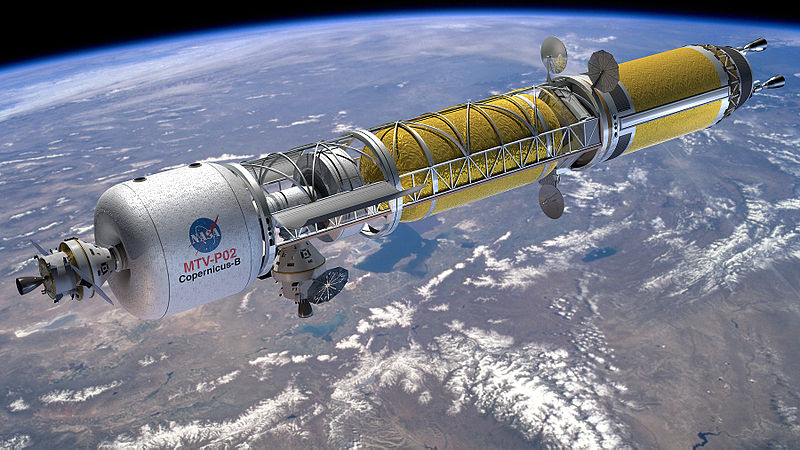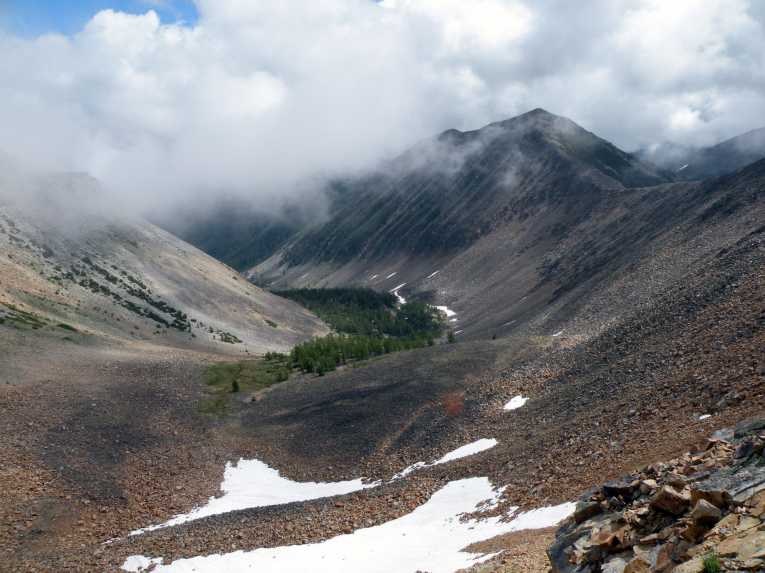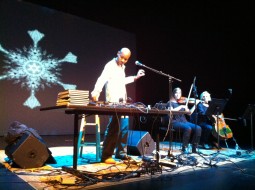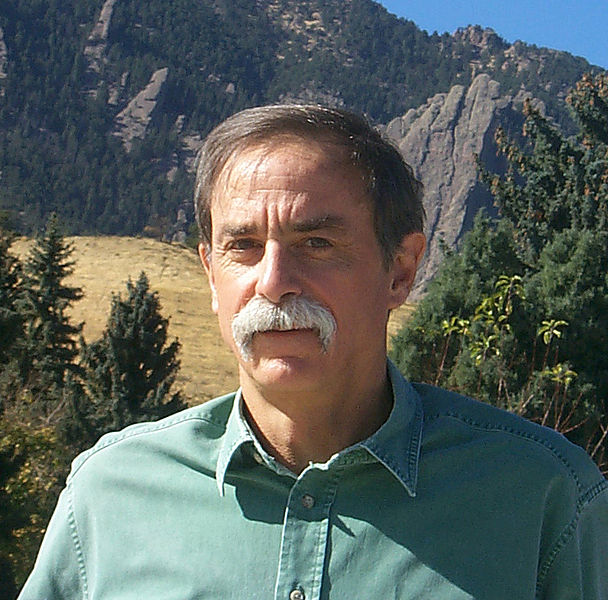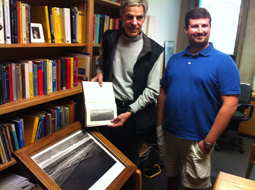 Feature 1 – Flood Winners & Losers : Last month’s deluge cut canyons, real and felt, through many of our lives, but nature helps us remember that floods can build too. In this feature, How on Earth’s Jim Pullen speaks with Boulder’s wetland and riparian ecologist Marianne Giolitto about flood “winners and losers”. Marianne watches over 45,000 acres of the city’s open space and mountain parks wetlands and riparian habitats. Jim and the Boulder Open Space and Mountain Parks are working together on a series of radio vignettes; the first two are “Monitoring Bats” and “Great Storms and Chautauqua.”
Feature 1 – Flood Winners & Losers : Last month’s deluge cut canyons, real and felt, through many of our lives, but nature helps us remember that floods can build too. In this feature, How on Earth’s Jim Pullen speaks with Boulder’s wetland and riparian ecologist Marianne Giolitto about flood “winners and losers”. Marianne watches over 45,000 acres of the city’s open space and mountain parks wetlands and riparian habitats. Jim and the Boulder Open Space and Mountain Parks are working together on a series of radio vignettes; the first two are “Monitoring Bats” and “Great Storms and Chautauqua.”
 Feature 2 – 100 Year Starship Symposium : Back in June we had a feature about a project called the 100 Year Star Ship. During that show we talked with Alires Almon, a member of the project, about the challenges and vision of creating a long-duration mission to send humans to another star. A few weeks ago in Houston, the project held their annual symposium; this year’s theme was titled: “Pathway to the Stars, Footprints on Earth.” Ms. Almon is back with us today to talk about the symposium and what new ideas were discussed.
Feature 2 – 100 Year Starship Symposium : Back in June we had a feature about a project called the 100 Year Star Ship. During that show we talked with Alires Almon, a member of the project, about the challenges and vision of creating a long-duration mission to send humans to another star. A few weeks ago in Houston, the project held their annual symposium; this year’s theme was titled: “Pathway to the Stars, Footprints on Earth.” Ms. Almon is back with us today to talk about the symposium and what new ideas were discussed.
And as we mentioned in today’s headlines, you can learn more about shale oil and gas boom and bust by listening to Jim Pullen’s hour-long talk with expert Deborah Rogers on KGNU’s “It’s the Economy.”
Hosts: Joel Parker, Shelley Schlender
Producer: Joel Parker
Engineer: Joel Parker
Executive Producer: Beth Bartel
Additional Contributions: Jim Pullen
Due to technical problems, this show was not recored to the archive. We apologize that this post does not have an audio podcast of the entire show, but below we do have the audio file of the pre-recorded interview of the “Flood Winners and Losers” :
Podcast: Play in new window | Download (Duration: 6:50 — 9.4MB)
Subscribe: RSS
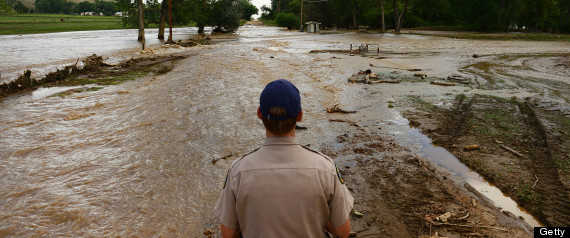


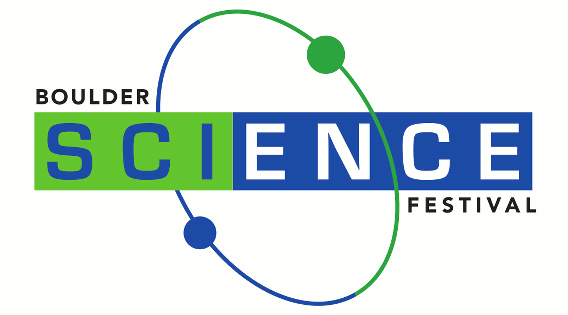
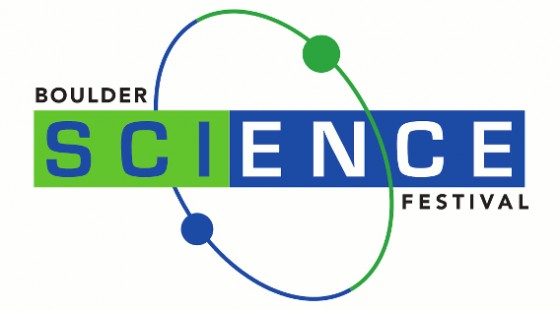

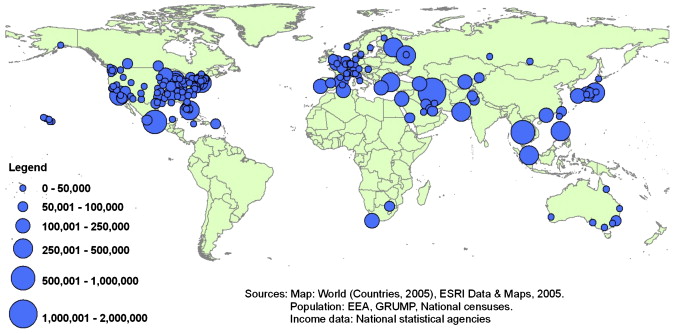
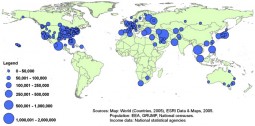
 Noise Pollution (starts at 6:15) – How on Earth’s Shelley Schlender talks with research scientist Larry Finegold about noise pollution and about a workshop being held today in Denver about
Noise Pollution (starts at 6:15) – How on Earth’s Shelley Schlender talks with research scientist Larry Finegold about noise pollution and about a workshop being held today in Denver about 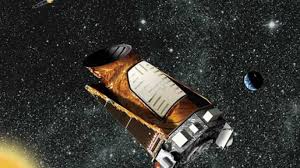
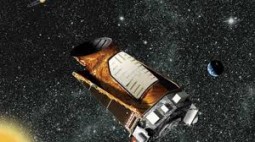
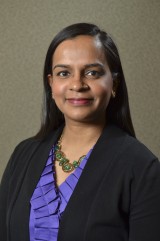

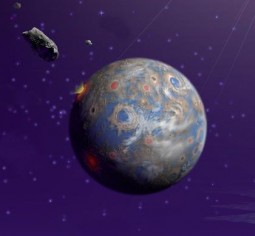
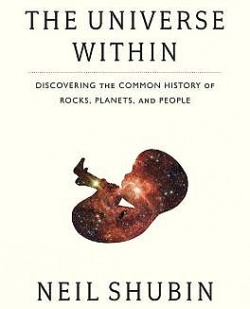
 The Universe Within (starts at 4:40) Within each and every one of us is the history of life on this planet, the planet itself and the entire universe. This is the theme of a new book “The Universe Within.” The author, Neil Shubin, is a professor of Paleontology and Evolutionary Biology at the University of Chicago. Starting with what physically constitutes a human being and what makes a human life possible, Shubin surveys many domains of science to find out what we can learn about what’s out there from what’s inside of us. It’s a fantastically broad scope, bringing together the common history of Rocks, Planets and People. As professor Shubin explains to How On Earth’s Chip Grandits, it is the very concept of this common history that binds all of these topics, which are normally found scattered throughout disparate domains of science and academia.
The Universe Within (starts at 4:40) Within each and every one of us is the history of life on this planet, the planet itself and the entire universe. This is the theme of a new book “The Universe Within.” The author, Neil Shubin, is a professor of Paleontology and Evolutionary Biology at the University of Chicago. Starting with what physically constitutes a human being and what makes a human life possible, Shubin surveys many domains of science to find out what we can learn about what’s out there from what’s inside of us. It’s a fantastically broad scope, bringing together the common history of Rocks, Planets and People. As professor Shubin explains to How On Earth’s Chip Grandits, it is the very concept of this common history that binds all of these topics, which are normally found scattered throughout disparate domains of science and academia.
